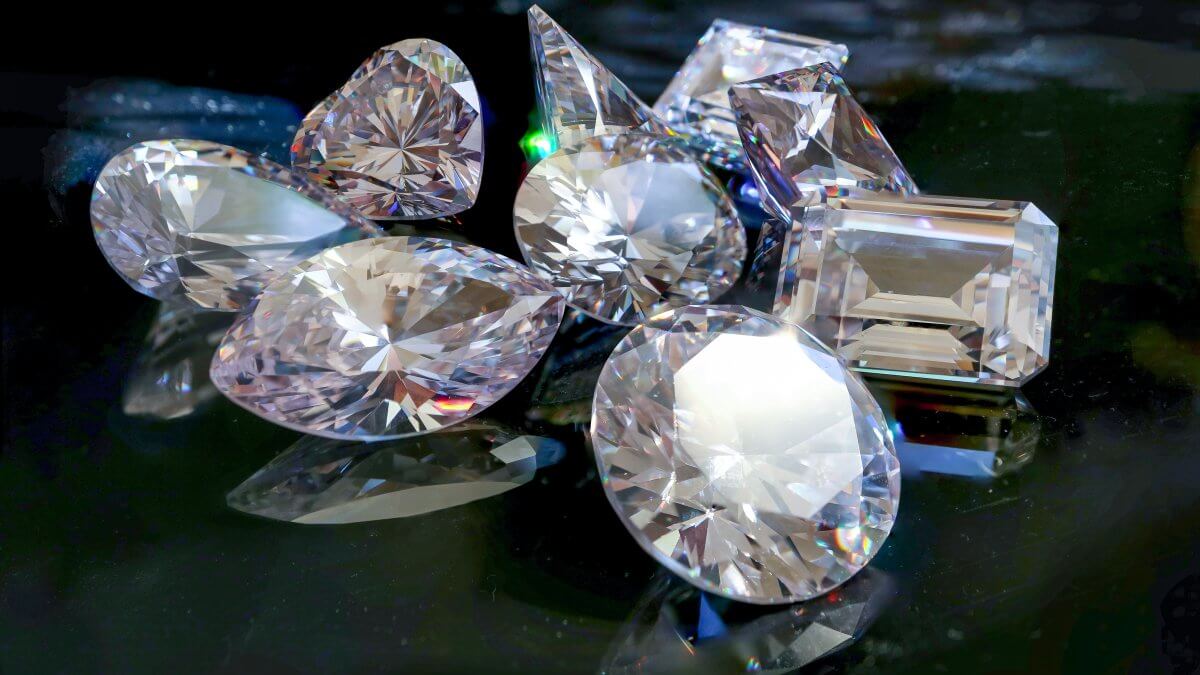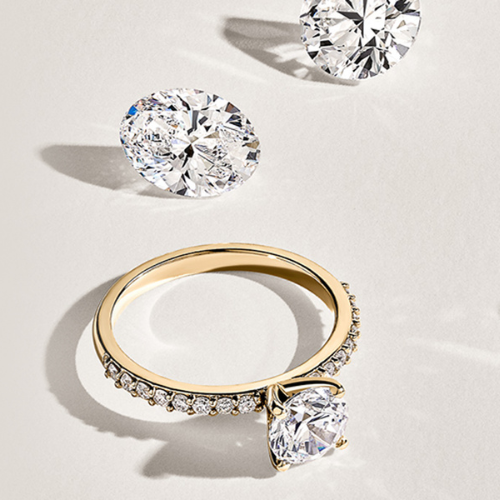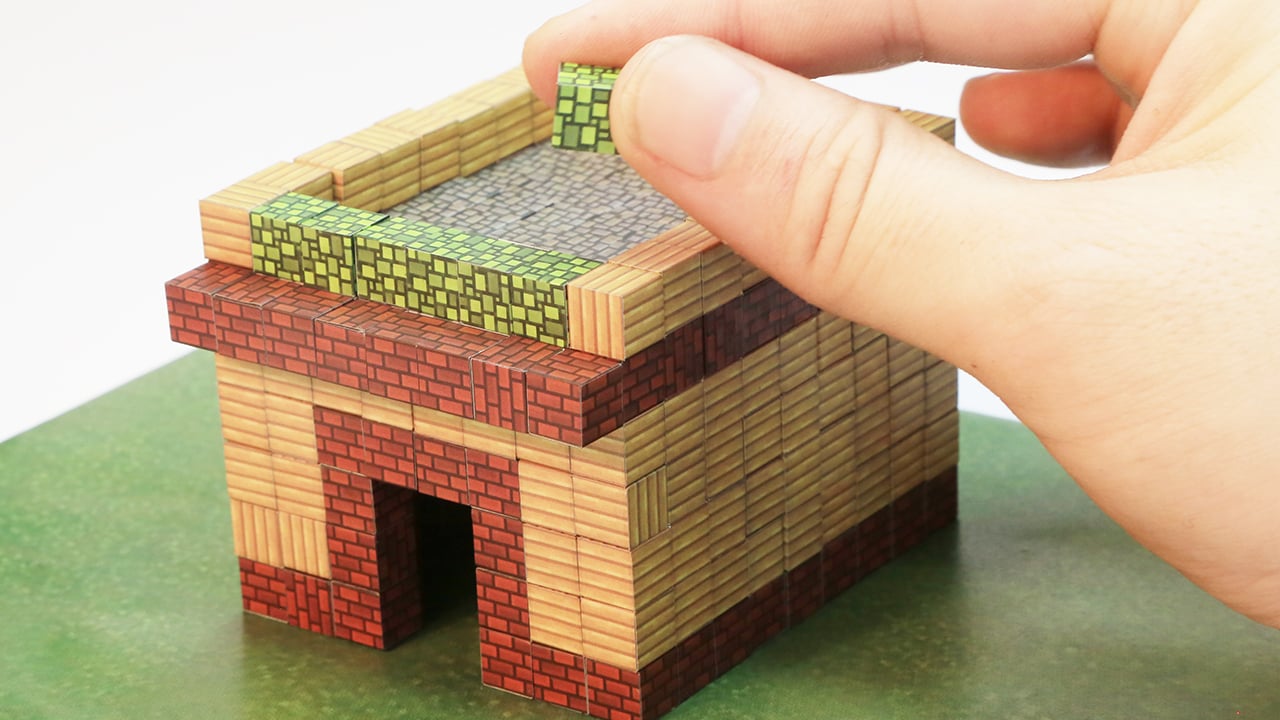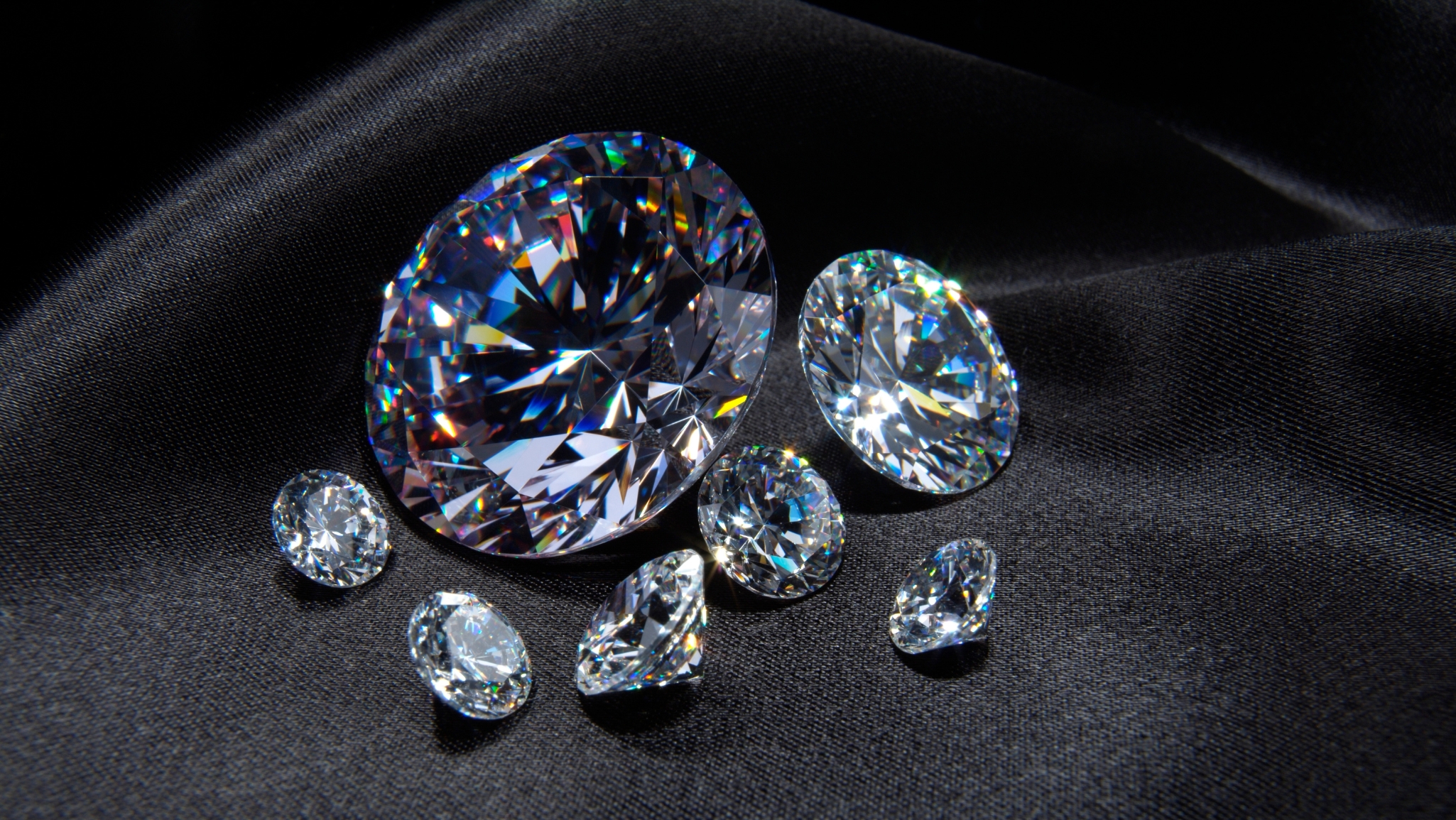
The jewelry industry has long been associated with environmental concerns, particularly when it comes to the sourcing of diamonds. However, the rise of lab-grown diamonds has sparked a conversation about sustainability, and organizations like the World Wildlife Fund (WWF) are actively engaging in this discussion. WWF and lab-grown diamonds are linked by a shared focus on reducing environmental impacts and promoting sustainable practices in industries that rely heavily on natural resources. In this article, we will explore how WWF’s mission aligns with the growing popularity of lab-grown diamonds and what this means for the future of the jewelry market.
The WWF’s Commitment to Sustainability
WWF, or the World Wildlife Fund, is one of the world’s leading conservation organizations. It has been working for decades to protect the environment, wildlife, and natural resources. WWF’s mission is centered around the preservation of ecosystems, reducing human impact on the environment, and promoting sustainable development practices across various industries, including the diamond industry.
The connection between WWF and lab grown diamonds lies in the organization’s dedication to reducing the environmental footprint of industries that exploit natural resources. Mining, particularly diamond mining, has long been associated with deforestation, water contamination, and habitat destruction. WWF advocates for sustainable alternatives, and lab-grown diamonds have emerged as a solution that aligns with these goals. As a result, WWF supports initiatives and industries that contribute to environmental sustainability, including the growing lab-grown diamond market.
How Lab Grown Diamonds Align with WWF’s Environmental Goals
Lab-grown diamonds are created in controlled laboratory environments using advanced technologies like High Pressure High Temperature (HPHT) and Chemical Vapor Deposition (CVD). Unlike mined diamonds, which require the extraction of vast amounts of earth, often resulting in significant environmental damage, lab-grown diamonds are produced with a much smaller ecological footprint. This makes lab-grown diamonds a more sustainable alternative to traditional mined diamonds, and one that is in line with WWF’s environmental goals.
The production of lab-grown diamonds uses fewer natural resources and causes less pollution compared to mining. Additionally, lab-grown diamonds have a significantly lower carbon footprint, as they do not require the energy-intensive processes involved in traditional diamond extraction. WWF’s efforts to combat climate change and promote sustainability are supported by the widespread adoption of lab-grown diamonds, which represent a step toward reducing the environmental damage associated with luxury goods.
WWF and Lab Grown Diamonds: A Shift Towards Ethical Sourcing
In addition to environmental sustainability, WWF is deeply concerned with the ethical sourcing of products. The diamond mining industry has long been associated with issues such as human rights abuses, including unsafe working conditions and exploitation in conflict zones. These concerns, often referred to as “blood diamonds,” have led to calls for greater transparency and ethical sourcing in the diamond industry.
Lab-grown diamonds provide a solution to these ethical challenges. Since they are created in controlled environments, there is no risk of human rights violations, and the diamonds are not linked to conflict zones. This makes lab-grown diamonds a responsible choice for consumers who are looking to purchase jewelry without contributing to the negative social impacts of traditional diamond mining. WWF supports initiatives that promote ethical sourcing, and the rise of lab-grown diamonds is seen as a positive development in this regard.
WWF’s Influence on the Jewelry Industry
WWF has been instrumental in pushing for sustainable practices across various industries, including fashion and jewelry. By raising awareness about the environmental and ethical issues associated with diamond mining, WWF has played a role in changing consumer behavior and promoting alternatives like lab-grown diamonds. The organization’s influence has led to increased demand for sustainable products, including lab-grown diamonds, as more consumers seek out ethical and eco-friendly options.
As awareness about the environmental and ethical concerns surrounding mined diamonds grows, WWF continues to advocate for a shift in the jewelry industry toward more sustainable and responsible practices. The organization’s support for lab diamonds helps drive this change, as these diamonds are seen as a more sustainable and ethically sound choice for consumers who want to make a positive impact on the planet.
The Role of WWF in Promoting Lab Grown Diamonds
WWF’s advocacy for lab-grown diamonds is not just about supporting a new product but also about promoting broader systemic change in the jewelry industry. By encouraging the adoption of lab-grown diamonds, WWF is helping to shift the focus from destructive mining practices to more sustainable, innovative methods of diamond production. WWF recognizes the importance of market-driven solutions in achieving environmental and social change, and lab-grown diamonds are an excellent example of how the private sector can contribute to these goals.
Through partnerships, campaigns, and research, WWF works to support the jewelry industry’s transition to more sustainable practices. Lab-grown diamonds, with their reduced environmental impact and ethical sourcing, are central to this transformation. WWF’s efforts aim to ensure that the jewelry market becomes more sustainable and transparent, providing consumers with options that align with their values.
The Growing Popularity of Lab Grown Diamonds
The popularity of lab-grown diamonds has been steadily increasing in recent years, and much of this growth can be attributed to the rising awareness of sustainability and ethical concerns in the jewelry market. Consumers are becoming more conscious of the environmental and social impact of their purchasing decisions, and many are turning to lab-grown diamonds as a way to align their values with their buying habits. This shift is supported by organizations like WWF, which continue to educate the public about the benefits of choosing sustainable alternatives.
Lab-grown diamonds are now being recognized as a legitimate and high-quality option for engagement rings, wedding bands, and other fine jewelry. With advancements in technology, lab-grown diamonds are becoming increasingly indistinguishable from mined diamonds in terms of appearance, durability, and overall quality. As more people choose lab-grown diamonds, they contribute to the growing demand for ethical and sustainable products, a trend that is supported by WWF’s efforts to promote environmentally friendly practices.
WWF and Lab Grown Diamonds: A Future of Sustainable Luxury
Looking ahead, the future of the jewelry industry seems to be moving toward a more sustainable and ethical model, largely due to the influence of organizations like WWF. Lab-grown diamonds are at the forefront of this change, offering consumers a way to enjoy luxury without the environmental and ethical concerns associated with traditional diamond mining. As consumer demand for sustainable products continues to rise, WWF’s advocacy for lab-grown diamonds will play an essential role in shaping the future of the jewelry market.
In conclusion, WWF and lab-grown diamonds are both focused on achieving a more sustainable, ethical, and environmentally friendly future. By supporting the lab-grown diamond industry, WWF is helping to reduce the negative impacts of diamond mining, promoting ethical sourcing practices, and encouraging a shift toward more responsible consumption. Lab-grown diamonds offer a way for consumers to enjoy the beauty and brilliance of diamonds without compromising their values, making them a perfect choice for those who want to make a positive impact on the planet.





More Stories
Ready to Ship Engagement Rings in Spain: The Beauty of Man-Made Diamonds
Toi et Moi: The Romantic Meaning Behind the Timeless Jewelry Style
Should I Get a Gold Ring? Everything You Need to Know Before Making a Purchase